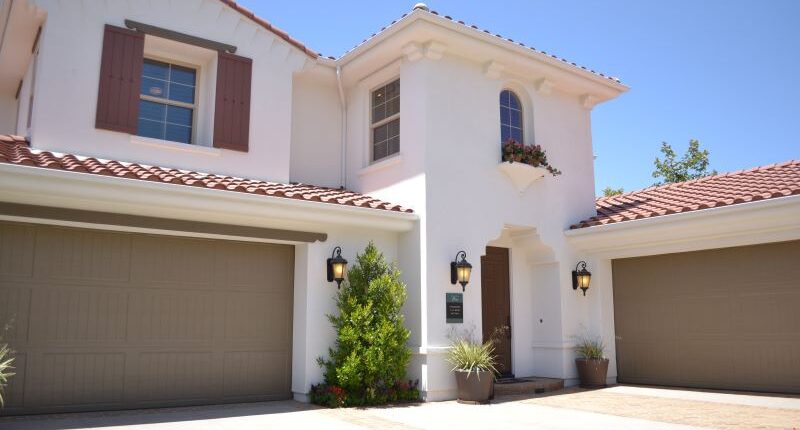- Experts believe the rental crisis in Australia is a result of years of knee-jerk policies and legislation
- Investors are becoming increasingly frustrated
- While there is currently a rental shortage that is pushing rents higher, this situation is invariably followed by a glut, say experts
Years of knee-jerk policies and legislation are to blame for the current rental crisis that is gripping the country according to the Property Investment Professionals of Australia (PIPA).
Speaking at the 2023 PIPA Brisbane breakfast seminar, a number of property experts discussed potential solutions and causes of the current rental undersupply and also explained how the rental crisis was created.
PIPA Chair Nicola McDougall said nearly a decade of knee-jerk policies in the property investment space had reduced the volume of investors and ultimately the supply of rental properties across the nation.

“Given property investment should be a long-term strategy, no wonder hundreds of thousands of investors are offloading their properties in reaction to the head-spinning array of financial and legislative imposts that are forever levelled at them.
“Since late 2014, we have seen investor-targeted APRA lending restrictions come and go; negative gearing and Capital Gains Tax laws continually on the chopping block; emergency tenancy laws enacted during the pandemic; and mooted rental caps now being the latest attack on investors.”
Investors negatively impacted
REIQ CEO Antonia Mercorella said legislative issues were continuing to have an impact on the psyche of investors to the detriment of rental supply.
“Investors are becoming increasingly frustrated with legislative intervention that effectively handcuffs them and limits what they can and can’t do in a way that we don’t necessarily see in any other asset class.
“You only have to look at the number of properties that have been transferred from the long term permanent rental market into short-term letting, as well as the volume that have been sold to see their frustration in action.”
Housing market expert Pete Wargent said that while there is currently a rental shortage that is pushing rents higher, that situation is invariably followed by a glut.
“There’s billions and billions of dollars of capital being raised in the build-to-rent sector, so, we’re likely going to get a glut in three or four years’ time. The rental shortage will be solved in time, so, it’s more a question of what do you want the rental markets to look like?”
CoreLogic Asia-Pacific Executive Research Director Tim Lawless said long-term trends in the rental market were vastly different to the double-digit annual increases of the past two years, with rents typically increasing at around three per cent annually.
“Over the short to medium term, the rental supply outlook is looking pretty glum. From a new dwellings perspective, approvals are at their lowest level in more than a decade. Across the medium to high density sector, dwelling approvals have mostly been below the decade average since 2018.
“Rental supply from private sector investment is still going backwards after the number of investment home loans has consistently declined since early 2022.”
Rents surging
CoreLogic data shows that average monthly rental prices have increased by $290 over the past year, but repayments on a $500,000 mortgage have increased by a bit over $800 per month.
McDougall said the number of investors active in the market had fallen to the lowest level since August 2020, according to the latest ABS Lending Indicators.
“Higher interest rates, as well as the three percentage point servicing buffer, is preventing many investors from transacting, which is reducing the supply of rental properties even further.
“It’s encouraging to see more funding for social and community housing in the wings, but from a federal funding perspective, these aren’t budgeted until 2024 and you would expect that even then it will take a couple of years for this supply to be completed. Rental supply from private sector investment is still going backwards after the number of investment home loans has consistently declined since early 2022.”
Mercorella said it was vital that legislation and regulatory frameworks worked in all markets and not just for specific moments in time.
“We know what a healthy vacancy rate looks like – it’s between 2.6 per cent to 3.5
per cent – and we are sitting well below one per cent across most parts of
Queensland, so, we are worlds away from a healthy market.
“But governments must accept responsibility for the position we find ourselves in
here in Queensland. There are around 640,000 residential tenancies and the vast
majority of these are being provided by private investors, who do the heavy lifting
when it comes to housing Queenslanders.
“The more you legislate, the more you’re just going to drive people away from
permanent rental markets and either into short-term letting or into selling.”








